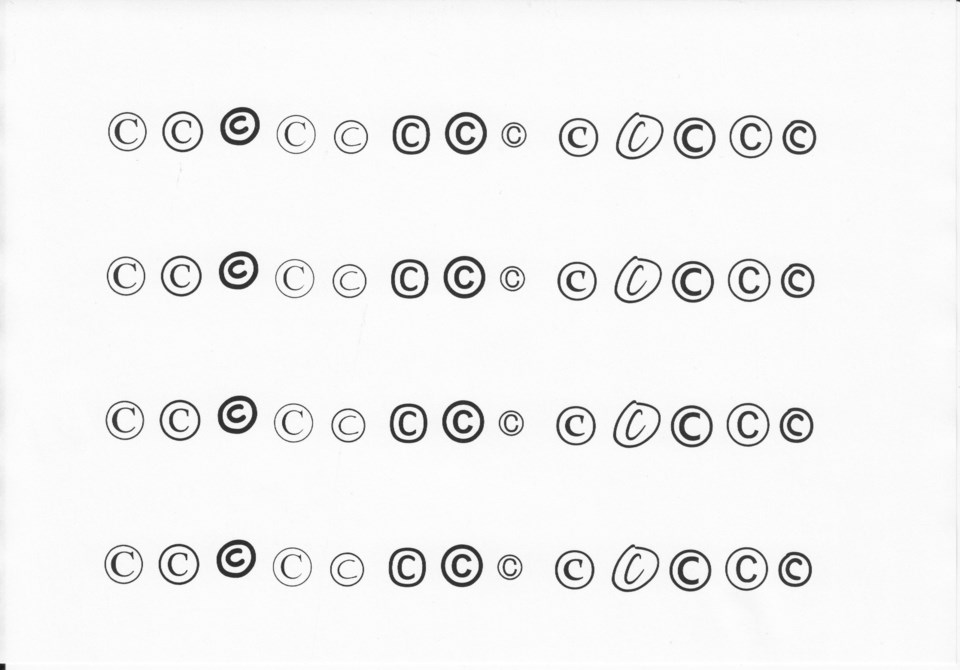Many centuries ago, copying was deemed a mark of respect, even of reverence. Byzantine icons, for example, were copied over and over again.
Before the mid-15th century, when Gutenberg invented the printing press, written works from ancient and medieval times were copied by hand; many of them not once but again and again.
When scribes laboured over the ancient Roman Pliny’s Natural History or Columella’s treatise On Agriculture, they didn’t think that they were infringing Pliny’s or Columella’s rights of creative ownership.
They knew they were preserving something significant.
Eventually attitudes changed. Since the last decade, writers have been in uproar because their creations are being used to feed LLMs (large language models).
Copyright seems to be disregarded. If you are curious about what the LLMs consume, a recent article by Alex Reisner in The Atlantic will enlighten you.
In the March 2025 issue you can search the LibGen (Library Genesis), the pirated-books database (also known as a “shadow library”) used by Meta to train AI.
If you have published anything, type your own name into the Search field – you may be surprised to find that your work has joined the over 7.5 million books that have made it into the database.
Writers believe that copyright of their work will protect them from such piracy, but clearly, it doesn’t function as well as it should.
In the U.K., authors are trying to get the government “to hold Meta accountable over its use of copyrighted books to train artificial intelligence."
The authors naturally want to be paid for copyright infringements.
The copyright war has become far-reaching. It has even involved the file-sharing service WeTransfer, founded in 2009.
The laws of copyright are not always clear, and they are also subject to change.
Helpful information about copyright can be found on the sites of Stanford University and Rochester University.
The copyright symbol - © - was introduced in the 1950s; however, since 1989, it is unnecessary to include a notice of any kind to indicate the work is copyrighted.
To end on a light note, here is a humorous take on copyright by a 19th-century writer, James Payn, who had a regular column in The Illustrated London News.
In the issue of June 20, 1896, Payn wrote: “Copyright is an excellent invention, but its principles may be too far extended. What do you think of this? It is a genuine letter received by a friend of mine, not wholly unconnected with literature.”
As Mr. Micawber would say, from an unknown correspondent: “This is to give you notice that I have registered the word ‘neat’, which is henceforth my private and inalienable property.”
My friend has many eccentric correspondents, but this tickled him.
To take a word out of the English language and from the language, and make it your own by registration, was a process hitherto unknown to him; but being a philosopher, he paid no attention to the matter.
After a while, as his custom was at least once a year, he published a book.
There were the usual notices, and one of them in a handwriting he seemed to remember: “Take notice. Whereas in your last work the word ‘neat’ – my private and registered property – is used no less than three times without special arrangement or authority, I hereby demand the sum of fifteen shillings, being a crown for each breach of copyright.”
This is a method of acquiring a literary income in a simple and convenient way that has hitherto never been hit upon.
One is astonished at the gentleman’s moderation. There is a copyright in letters as well as in words; one wonders that it has not struck him to register the alphabet.”
Sabine Eiche is a local writer and art historian with a PhD from Princeton University. Her passions are writing for children and protecting nature. Her columns deal with a broad range of topics and often include etymology in order to shed extra light on the subject.
📣 Got an opinion on this story or any others in Richmond? Send us a letter or email your thoughts or story tips to [email protected].
📲 To stay updated on Richmond news, sign up for our daily headline newsletter.
💬 Words missing in article? Your adblocker might be preventing hyperlinked text from appearing.



